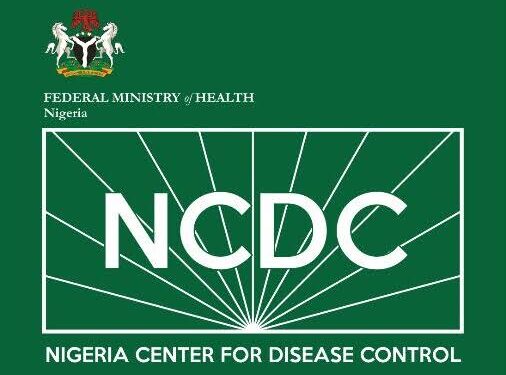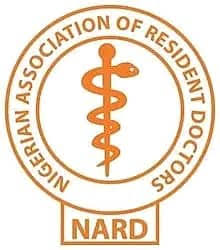In addition, the centre said it had taken clinical steps to address suspected cases.
A statement signed by the Director General of NCDC, Dr Ifedayo Adetifa, said, “There have been laboratory confirmed cases and the NCDC is working with State Ministries of Health and partners to enhance surveillance and response to the outbreak.
“This includes keeping the public informed on staying safe at home and in their communities,” it said..
NCDC described Diphtheria as a serious bacterial infection caused by the bacterium called Corynebacterium species that affects the nose, throat and sometimes, skin of an individual.
It said people most at risk of contracting diphtheria are children and adults who have not received any or a single dose of the pentavalent vaccine (a diphtheria toxoid-containing vaccine).
According to the Centre, other categories of persons at risk of diphtheria are the people who live in a crowded environment, people who live in areas with poor sanitation, healthcare workers and others who are exposed to suspected/confirmed cases of diphtheria.
NCDC further explained the mode of transmission of Diphtheria, saying that it spreads easily between people through; direct contact with infected people, droplets from coughing or sneezing and contact with contaminated clothing and objects.
The Centre said that the disease starts with signs and symptoms after 2 – 10 of exposure to the bacteria.
It added that symptoms of diphtheria include; Fever; Runny nose; Sore throat; Cough; Red eyes (conjunctivitis); Neck swelling.
It said in severe cases, a thick grey or white patch appears on the tonsils and/or at the back of the throat associated with difficulty breathing.
On preventive measures, NCDC said Nigeria childhood immunisation schedule recommends three (3) doses of pentavalent vaccine
(diphtheria toxoid-containing vaccine) are recommended for children in the 6th-, 10th- and 14th -week of life.
“NCDC’s Advice to Nigerians
To reduce the risk of diphtheria, the NCDC offers the following advice; Parents should ensure that their children are fully vaccinated against diphtheria with three (3)
doses of the pentavalent vaccine as recommended in the childhood immunisation schedule, healthcare workers should maintain a high index of suspicion for diphtheria i.e., be vigilant and look out for symptoms of diphtheria.
ALSO READ :Confusion As FG Denies Increase In Pump Price Of Petrol, Fuel Scarcity Bites Harder
It also said that individuals with signs and symptoms suggestive of diphtheria should isolate themselves and notify the local government area (LGA), state disease surveillance officer (DSNO) or the NCDC through our toll-free line (6232).
In addition, NCDC advised that close contacts with a confirmed case of diphtheria should be closely monitored given antibiotics prophylaxis and started on diphtheria antitoxin treatment when indicated.
It urged all healthcare workers (doctors, nurses, laboratory scientists, support staff etc.) with higher exposure to cases of diphtheria to be vaccinated against diphtheria.
.












